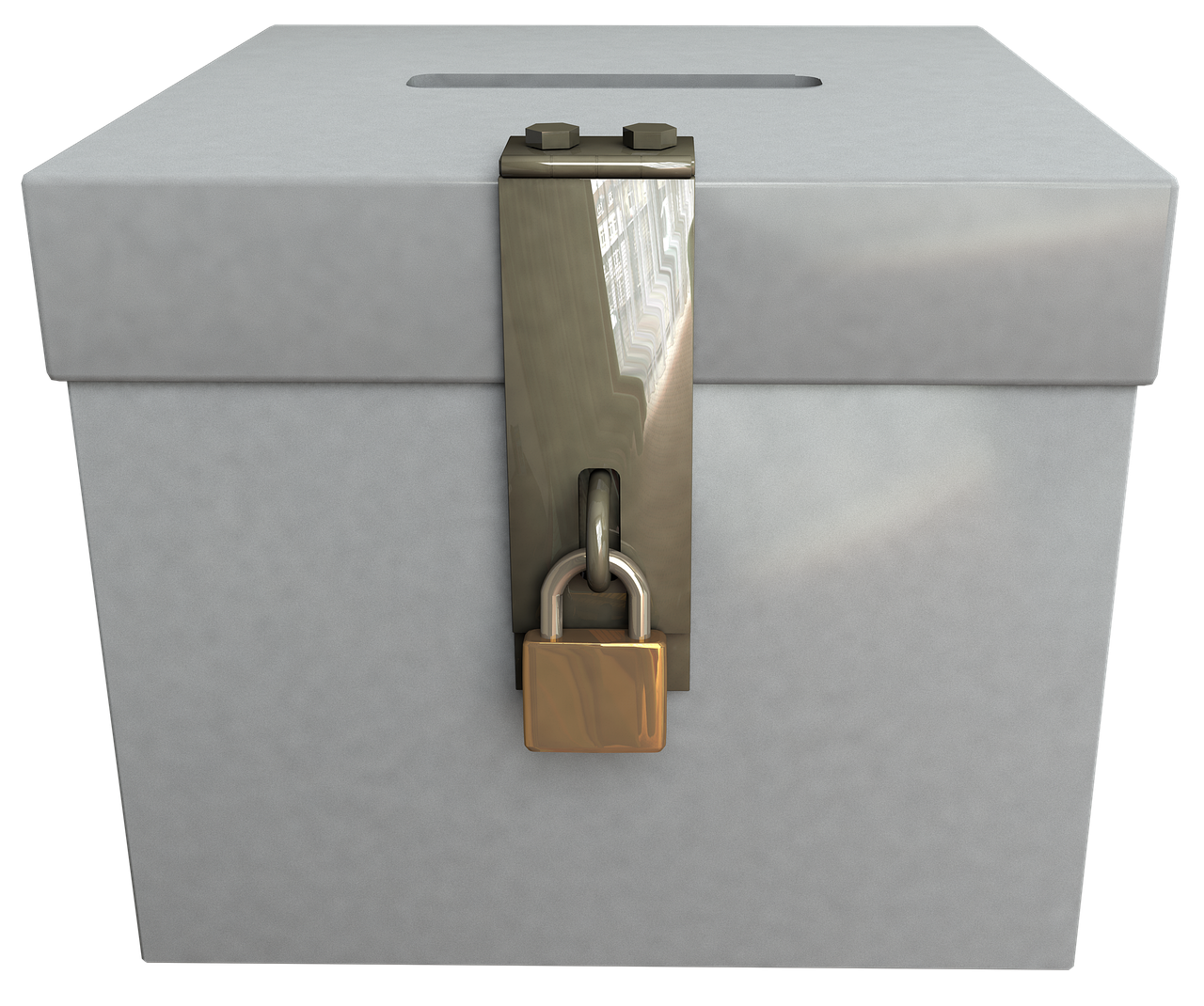
Moldova has experienced a dramatic local election campaign, with the Chance party banned from the elections two days before the vote. The party replaced the Șor party, founded by fugitive oligarch Ilan Șor, who has been sentenced to 15 years for his part in a $1bn bank theft. The Șor party was banned earlier this year, and Chance was created as a substitute to garner the same anti-government vote.
Moldova’s Intelligence and Security Service (ISS) documented several schemes through which the Chance party received money from Russia through citizens of third countries, such as Kazakhstan. The report stated that illegal payments were made to local public administrations in regions where Ilan Șor and his followers have some political presence. Moldovan Prime Minister Dorin Recean emphasised the threat from the Russian Federation and the „regionalisation” approach employed by Russian proxies. The Organization for Security and Cooperation in Europe (OSCE) criticised the decision, stating that it limited voters’ choice and resulted in uncontested races in some smaller localities. The real purpose of hybrid operations like these is not just to create electoral forces to undermine pro-Western governments’ policies but also to create confusion and undermine trust in democratic institutions. Moldova has enough democratic resilience at this stage, but presidential elections next year will be a bigger challenge. This also shows why it may be a good idea to postpone presidential elections in Ukraine, which is currently under much greater pressure.






